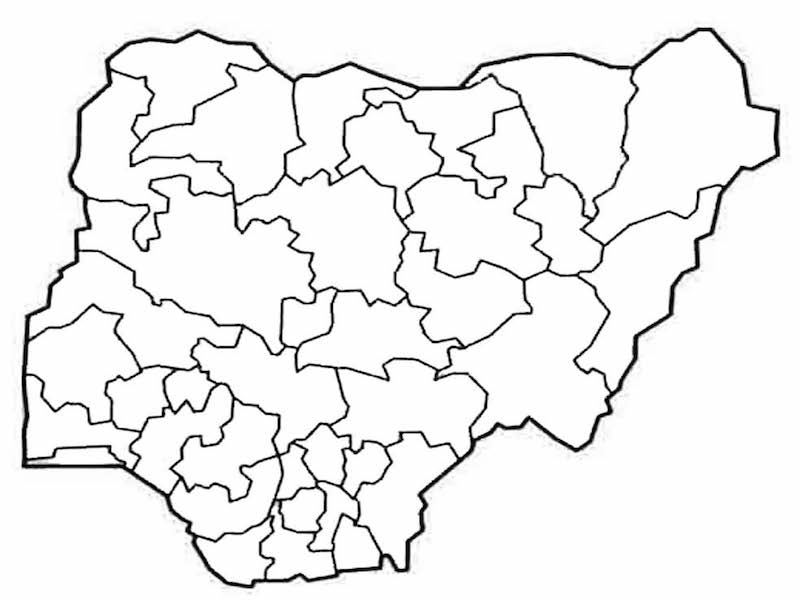https://m.guardian.ng/opinion/traffic-robbery-and-youth-unemployment/
The Guardian
For many residents of Lagos, traffic robbery is so common that news of it hardly seizes attention. This is a pity, for the real and potential victims; a shame on the three levels of government that are constitutionally required to secure the life and property of the citizens but are failing, glaringly, in their duty. Yet, as long as vehicular traffic remains prone to gridlock and slow motion, commuters remain highly endangered. The state government must therefore address the issue from a multi-dimensional perspective.
No doubt, the Governor, Babajide Sanwo-Olu, continually takes steps to address the problem of crime in Lagos State. Lately, the state strengthened the Lagos State Command with 200 motor cycles, 150 double cabin vehicles, 30 saloon patrol cars, thousands of gas canisters, and even five armored personnel carriers (APC). Virtually every other state in the country is taking from its resource to support the federal police.
Traffic robbery in Lagos became, once again major news when the convoy of Sanwo-Olu ran into some machete –wielding youths in the act of robbing a citizen held up in the characteristic traffic snarl of the city. The hapless man was saved by the timely arrival of the governor’s team and the miscreants were apprehended and currently facing prosecution. However, the governor cannot be always available to deliver fellow citizens from the hands of criminals.
This is the job, in the first instance, of the Nigeria Police Force. Part II (4) of the Police Act, 2020 itemises the nine-point duties of the Force. These include to ‘‘prevent and detect crimes and protect the rights and freedom of every person in Nigeria as provided in the Constitution, the African Charter on Human and Peoples Rights and any other law; ‘maintain public safety, law and order’; ‘protect the lives and property of all persons in Nigeria.’
The Guardian had, a while ago, cause to lament how hoodlums, taking advantage of the insufferably slow moving vehicular traffic, brazenly attack and rob commuters at gunpoint, in daylight and unchallenged. Between March to June this year, 127 suspects were arrested, according to the police. For a city aiming for the mega-status, this crime must be curbed.
The Lagos State Command has, on its part come up with strategies to curb not only traffic robbery but other crimes such as cultism, kidnapping, and illegal possession of arms. Commissioner of Police Hakeem Odumosu says that a tactical team has been set up to raid criminal hideouts where traffic robbers and others hide. Besides, with the benefit of motorcycles, the police can move faster between traffic to scenes of crime.
As Lagosians patiently await positive results of these efforts, government should recognise that all the equipment in the world will not solve criminality in a society that has too few policemen for the job. Nigeria has less than 400, 000 full time officers and men to police a population of over 200 million spread over a land mass of 924, 000 sq.km. The United Nations is reported to recommend one policeman to 450 citizens. It does not require the wisdom of Solomon to see that the Nigeria Police is over stretched, over worked and consequently ineffective. The Federal Government should simply do the needful for the Police, in line with global best practices; and in fulfillment of its party, the All Progressives Congress (APC)’s promise to ‘‘urgently address capacity building of law enforcement agents in terms of quantity and quality as this is critical in safeguarding the sanctity of lives and property.’’
Second, just as all politics is local, so too is effective policing largely local. So much has been said for a de-centralised police force that no one can have a reasonable argument to the contrary. In the very jurisdiction from where Nigeria copied the constitutional democratic system of government, there are many types and layers of policing with corresponding powers and authority. Even higher institutions of learning have their internal police. The Federal Government should not stubbornly stick to its centrally controlled strategy of law enforcement, given its overwhelming failure. A fundamentally flawed centralised police structure cannot be cured except by a fundamental restructuring by way of decentralisation.
Third, there can be….


